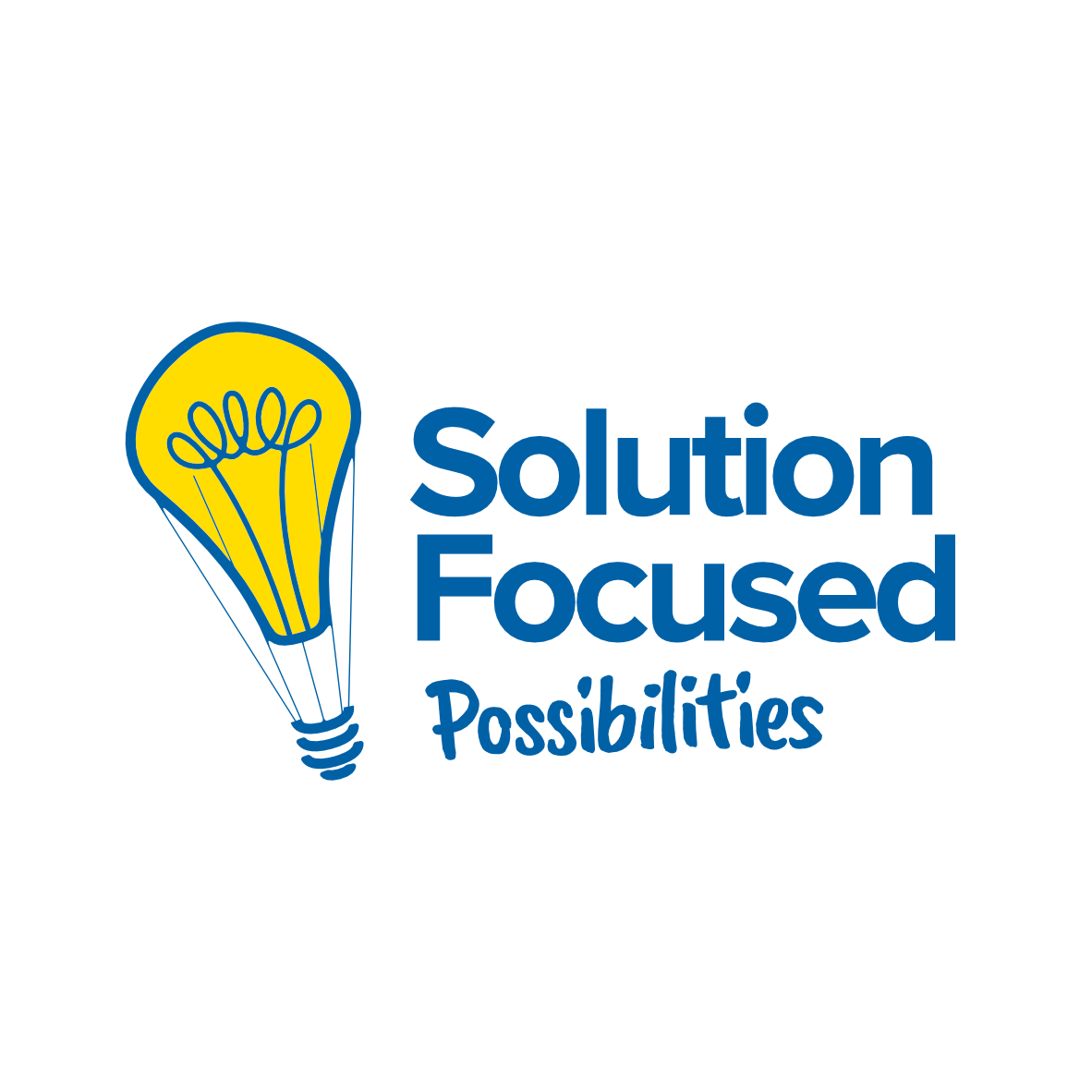This is a story about something that happened to me during lockdown and has stuck with me because it is a constant reminder of how important it is to listen to the answers that people give and to not expect or look for certain answers to our questions.
One morning after a night of broken sleep, my three-year-old daughter wakes up early, probably about quarter to six. She comes walking in the bedroom, all the way around the bed to my side and says in the cutest possible voice that she can muster, “Daddy?” Yeah Pearl? “I’m hungry.” Of course, I’m not going to tell her to go back to bed, so we head downstairs for breakfast. I’m definitely not completely awake yet, and as I carry her into the kitchen, I ask her what she wants for breakfast while we look at what cereal we have.

While I was still doing my best to wake up, I was patiently waiting to hear which cereal she would choose for her breakfast. And that’s when she did what kids do – she surprised me and made me think of things a little bit differently. Her answer? She said, “I want Cheerios, Shreddies, Rice Krispies and Wheatabix.” Being half asleep, I just scrunched my face thinking that maybe she was just naming the cereals as they were in front of her. So I asked again, ‘Which one of these do you want for breakfast?’ Her answer was the same. Cheerios, Shreddies, Rice Krispies and Wheatabix.
My first reaction to this in my head was, ‘No. We just have one kind of cereal when we have breakfast, not all of them together.’ But then I thought, why not? It’s just cereal, and who says that we only have to eat one type of cereal. So she had her breakfast with small amounts of Cheerios, Shreddies, Rice Krispies and Wheatabix together in one bowl, and she was as happy as could be.
Later on in the day when I regained my ability to think a bit more clearly, it made me wonder about how many times we’re tempted in our Solution Focused practice to expect or want a certain answer and how much discipline it takes for us to just listen to what is being said and ask questions around that. How many times does our judgement come into play about whether someone can or can’t hope for something? And how different is it when we go with the client’s answers and continue to ask them questions?
This is something that stands out to me now more than ever given everything that’s happening around Covid and all of the changes that we are seeing in the world. When we start to ask people questions like, “What are your best hopes from our talking together?” And they respond with something like I want to be calmer and more relaxed about the uncertainty ahead.
I might ask them something along the lines of, “And what would be the first sign that you were calmer and more relaxed about the uncertainty ahead?” Now I know what that might mean for me, but it’s important to try to quiet that part of my brain and really focus on listening intently to whatever answer they provide. That’s when I’m more able to ask questions that connect with someone and meet them in their world, not in mine. If I’m looking for answers or there are ‘right’ answers, then I find myself thinking, “Yeah, but…” which then makes me start disagreeing with the client.
So in short, the best way to prepare for the answers is to simply listen. You are perfectly capable of having Solution Focused conversations with people. Trust in that. Hear the response to your question and build from there. The possibilities of what you can co-construct from that point are endless.

Greg Oberbeck
Solution Focused Possibilities
